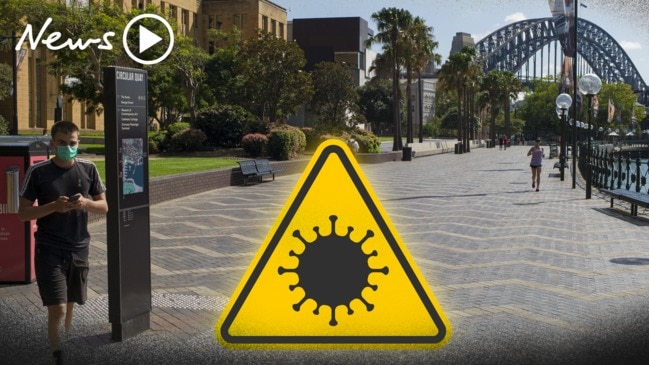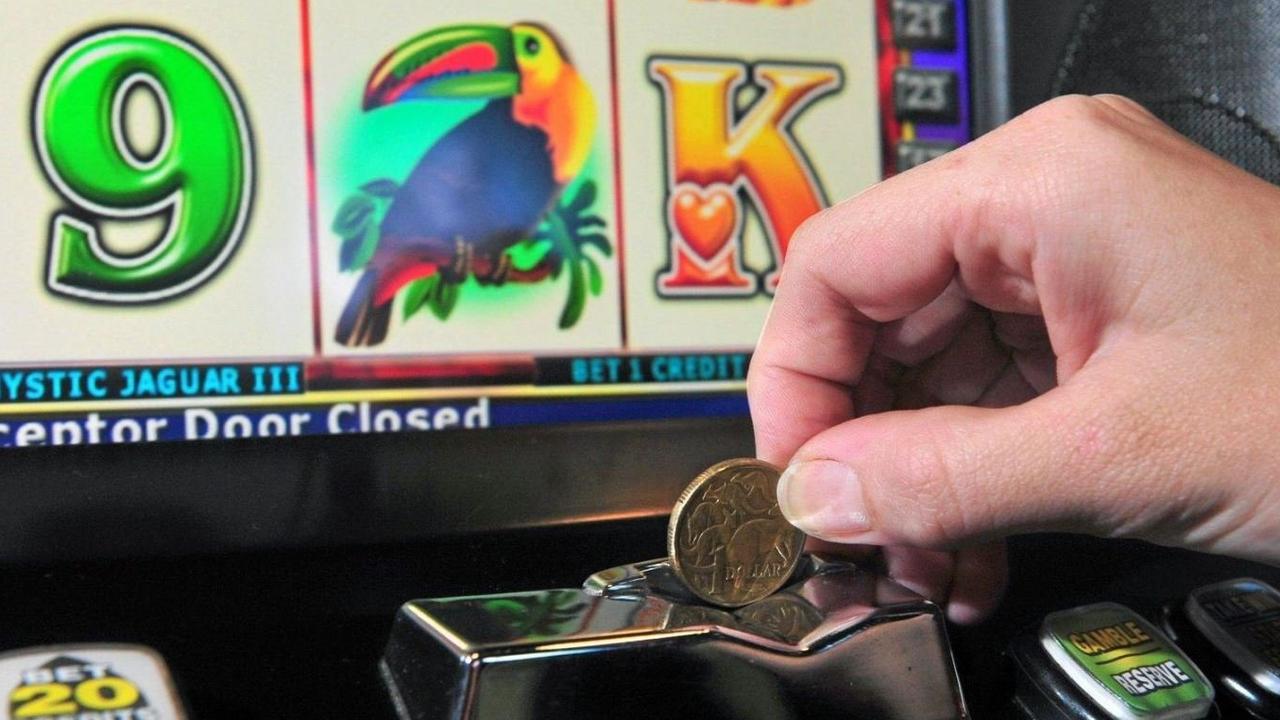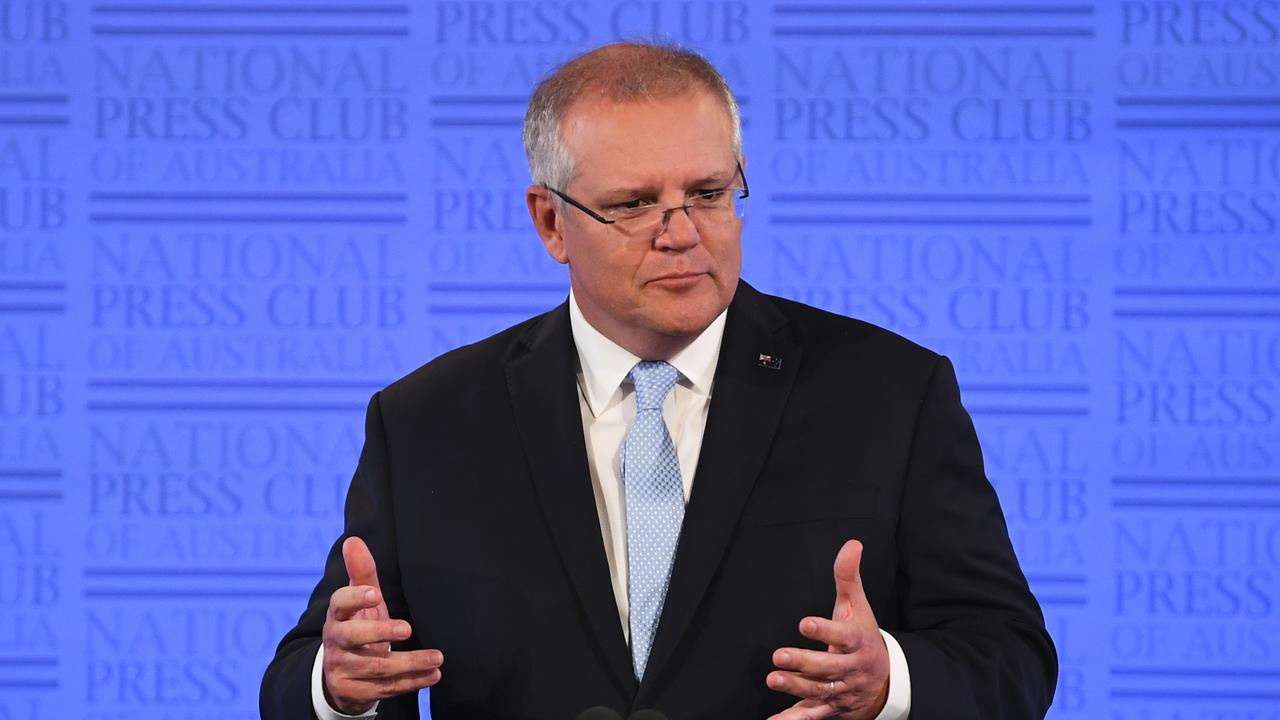NSW restrictions: Wedding, funeral, church rules eased from June 1
More restrictions will be eased in NSW from Monday, with more people allowed in clubs, and at weddings and funerals. But there are conditions.

Restrictions at weddings, funerals and religious services will be eased and certain clubs could welcome as many as 500 people in NSW from Monday.
In a decision by the state government that was “heavily influenced” by the industry, crowds of 500 people could be accommodated in certain venues with multiple dining areas.
“A club’s patron capacity may further increase beyond 50 patrons – in increments of 50, up to a maximum of 500 – in accordance with the number of restaurants and cafes inside the clubs,” ClubsNSW said in a statement.
“For example, a club with two restaurants and one cafe can admit up to 150 people at any one time, on the basis of 1 person per 4 square metres and on the condition that those eateries are open at all relevant times.
“Under these arrangements, clubs can permit patrons in the bar and gaming rooms up to the venue capacity and with 1.5 metres physical distancing in all areas.
“Staff and contractors are not included in the capacity limit.”
RELATED: Follow our live coronavirus coverage
RELATED: Man who died from virus held party days before his death

In a memo sent to member clubs on Wednesday seen by the ABC, ClubsNSW CEO Josh Landis took credit on behalf of the association for the rapid easing of restrictions across the state’s hospitality sector.
Mr Landis boasted that the NSW Chief Health Officer and other government officials were “heavily influenced by ClubsNSW’s reopening plan”.
While NSW Health did not directly respond to the claim, in a statement it said it “will continue to engage with industry groups on the safe reopening of businesses in line with health advice”.
Also from June 1, up to 20 people will be able to attend weddings, 50 at funerals and 50 at places of worship, but all will be subject to the four square metre rule.
“We know how important these services are to individuals and families but as we ease restrictions further, we must remember to keep one another safe,” NSW Premier Gladys Berejiklian said.
“It is crucial that worshippers remember to follow health advice. This is particularly important for people with comorbidities aged over 50 and people aged over 70.”

Outbreaks of COVID-19 in places of worship overseas highlighted why people needed to be cautious with the easing of restrictions, NSW Health Minister Brad Hazzard said.
“Sadly, we have seen many congregations of different faiths and denominations affected by COVID-19 overseas,” Mr Hazzard said.
“NSW Health has developed a checklist to help places of worship create a tailored COVID-19 Safety Plan to ensure they can keep participants as safe as possible.
“These safety plans cover topics such as physical distancing measures, hand hygiene and extensive cleaning measures, it is also vital that people who are unwell stay at home.”
NSW Chief Health Officer Kerry Chant said places of worship would have to find alternatives to singing, sharing books or passing the collection plate.
“Communal singing and chanting should not occur because of the high risk of transmission of the virus. Instead, measures such as one singer standing at least three metres away from others would be safer,” Dr Chant said.
RESTRICTIONS COULD BE LIFTED SOONER
Lockdown restrictions imposed to slow the spread of COVID-19 may be lifted earlier than previously thought, with the National Cabinet to meet on Friday to discuss Australia’s progress.
Lifting restrictions earlier than planned and allowing larger gatherings could be recommended within two weeks, according to The Australian.
The publication revealed Australia has reached a non-quarantine infection rate of less than 10 new cases a day, with health authorities believing an infection rate at this level would allow more of the economy to safely reopen.
Earlier this month Prime Minister Scott Morrison announced a three-stage plan in which social distancing restrictions would be eased.
Stage one involved allowing five visitors at a home, groups of 10 in public places and businesses and allowing restaurants and cafes to reopen while still abiding by distancing measures.
Stage two would allow gatherings of 20 people in their homes, in businesses and in public places.
Gyms, beauty salons, cinemas, galleries and amusement parks would be able to reopen, as would caravan and camping groups. Some interstate travel could also be permissible in stage two.
Stage three would see allowable gathering sizes increased to 100, meaning pubs and clubs could reopen.
Other businesses and places of gathering like food courts and saunas would also reopen.
Mr Morrison had hoped each state and territory would reach stage three by July, but with the country’s low infection rate the federal government is hopeful it could come even sooner.



